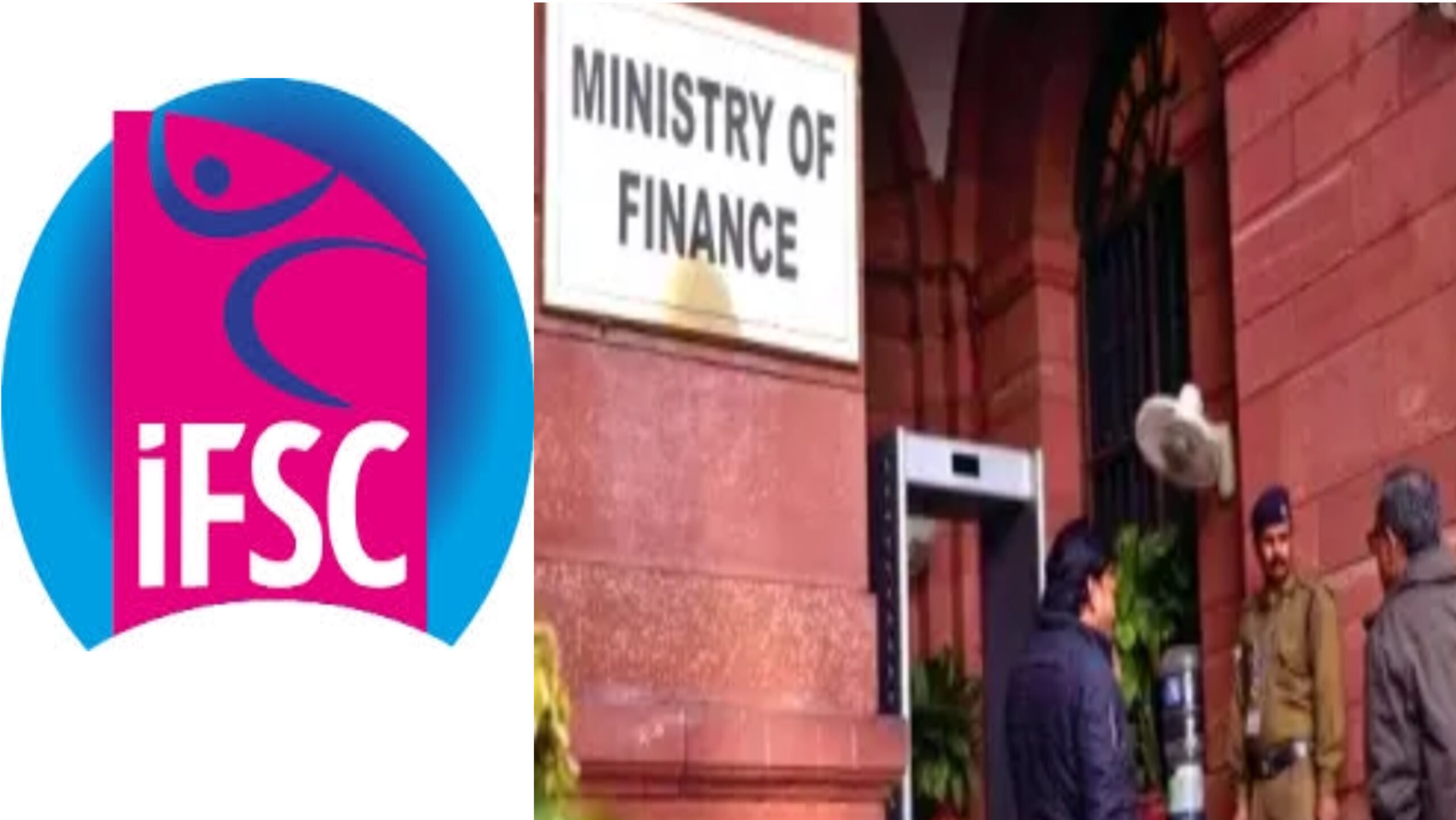The government’s recent move to expand the scope of activities at the International Financial Services Centre (IFSC) marks a significant development in the financial landscape. This expansion, outlined in a gazette notification issued by the Ministry of Finance on January 18, brings several key services under the purview of the IFSC.
One of the noteworthy inclusions is bookkeeping, a fundamental aspect of financial management that plays a crucial role in maintaining accurate records of financial transactions. This addition reflects a broader effort to enhance the range of financial services offered at the IFSC, making it a more comprehensive hub for global financial activities.
Alongside bookkeeping, the expanded scope encompasses accounting services. Accounting is vital for organizations to track and analyze their financial health, and its inclusion at the IFSC underscores the government’s commitment to fostering a robust financial ecosystem within the center. The move recognizes the importance of providing a diverse array of financial services to cater to the needs of international clients.
Taxation services have also been brought within the ambit of the IFSC’s expanded scope. This addition is particularly significant as it aligns with the global trend of ensuring tax compliance in financial centers. By incorporating taxation services, the IFSC aims to become a hub for not just financial transactions but also for comprehensive financial advisory services, contributing to a more holistic financial environment.
Furthermore, the inclusion of financial crime compliance services highlights the government’s commitment to maintaining the integrity and security of financial operations within the IFSC. This move is in line with international efforts to combat financial crimes and ensures that the IFSC operates within a framework that prioritizes transparency and accountability.
The notification emphasizes that these financial services should be offered by units within the IFSC, and these units must be regulated by the International Financial Services Centres Authority (IFSCA). This regulatory oversight ensures that the financial activities within the IFSC adhere to established standards, promoting stability and trust in the international financial community.
An important caveat outlined in the notification is that the financial services provided at the IFSC should be directed to non-residents whose business is not set up by splitting up existing business in India or reconstructing/reorganizing business already in existence in India. This stipulation aims to ensure that the IFSC remains a hub for international transactions rather than facilitating the internal restructuring of Indian businesses.
Moreover, the notification explicitly prohibits units within the IFSC from offering services by transferring or receiving existing contracts or work arrangements from their group entities in India. This restriction is a strategic measure to prevent any potential misuse of the IFSC for activities that should be conducted within the domestic market. It reinforces the government’s intent to position the IFSC as a global financial center with a distinct focus on international transactions.
In conclusion, the government’s decision to expand the scope of activities at the IFSC is a strategic move to enhance its standing as a global financial hub. By incorporating services such as bookkeeping, accounting, taxation, and financial crime compliance, the IFSC is poised to offer a comprehensive suite of financial services. The regulatory framework provided by the IFSCA ensures that these activities adhere to international standards, fostering a secure and trustworthy environment for global financial transactions. As the IFSC continues to evolve, it is expected to play a pivotal role in shaping the future of international finance.
This expansion of services at the IFSC reflects a forward-looking approach by the government to position India as a competitive player in the global financial arena. The inclusion of essential financial services not only broadens the offerings at the IFSC but also aligns with international best practices. The emphasis on regulatory oversight through the IFSCA ensures that the center operates with transparency and accountability, crucial for attracting international investors and businesses.
As the IFSC diversifies its services, it is likely to become a magnet for international financial institutions seeking a conducive environment for their operations. This move holds the potential to contribute significantly to India’s economic growth by fostering a dynamic and globally integrated financial ecosystem.

